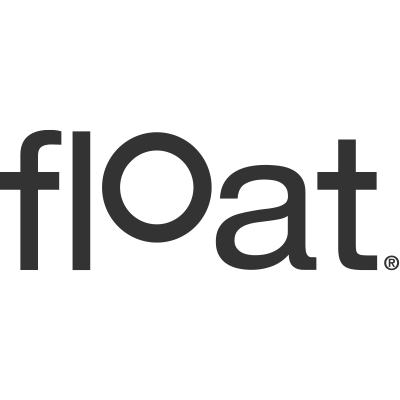ATD Blog
Building a Flexible Learning Ecosystem for Resiliency During Challenging Times
Thu Apr 08 2021

With COVID-19 and the resultant forced remote working situation, we have been living in an extended test of resilience and flexibility. How have your systems and processes held up? What gaps have been identified in your offerings that you are seeking to fill?
Endless posts on social media, newly published industry research, and countless numbers of Zoom calls have led to a few common threads emerging. Let’s go over a few of them in preparation for ATD Government Workforce.
We Should Have Been Prepared for It
Compared to many organizational departments, our area of talent development, learning, and development, training, or whatever you may call yourself in your organization has been building toward this. The digital transformation of business has been a long arc of change. Learning has been part of that arc since its inception as e-learning and its various incarnations and namesakes (VILT, WBT, CBT, and so on). With that in mind, when the mandate came to move to a remote working environment, we should have been positioned to continue the successful delivery of our services and meet organizational demand. Looking back over the last time, can you say that you were able to move with agility and deliver successfully?
It’s possible that some things went well for you. Enrollment for on-site training tanked, but that just meant fewer logistics challenges, fewer travel issues, and no more boxed lunches, right? It wasn’t all bad.
You probably saw use of your digital learning content skyrocket and had more demand for content creation services than ever before. This seems like a small form of vindication (They need what I am doing!) but also leads to resourcing shortfalls and lots of extra time creating courseware (How am I going to get all of this done with my existing people, processes, and tools?).
With the demand for more top-down content design and because the other delivery methods like classrooms, workshops, and seminars disappeared, you may have gotten more feedback from your learner audience. If you didn’t have channels to gather that feedback and adjust your content, you are probably still reeling from the constant critique.
You may have also had difficulty maintaining clarity of messaging and delivery medium. When you were able to just walk down the hall or turn your chair around to talk to the office expert on a topic that you needed help with, what happens to those social and informal channels when you are working from home?
We Can Learn From What Went Wrong to Make Things Better
If your workplace played out as many people’s did in 2020, there were some bumps in the road to get learning content to your audience. Transitioning to a 100 percent remote experience may have made some systems temporarily unavailable due to security requirements, differing networks from work to home, mobile access versus desktop and tablet and many other constraints. With workshops moving to virtual video-based learning, things we took for granted like registration and attendance were not always quite so simple.
Server-side systems like learning management systems (LMS) and document asset management (DAM) systems may not have been designed to scale as they were required when everyone was using them, not just employees that were traveling or that worked off-site sometimes.
We need to create plans for capacity. We must have backup plans for when things go overcapacity. We must also understand that our audience may be accessing systems on various network types and device profiles as well as for myriad reasons.
Let’s Talk About This and Figure Out What’s Next
This seemingly simple topic has a lot of nuance surrounding it. On May 25, 2021, at the virtual ATD Government Workforce, I will host a live panel featuring industry experts in learning technology and learning science.
Join me, Chad Udell, managing director for Float; Sae Schatz, director for ADL; Jennifer Murphy, CEO of Quantum Improvements Consulting; and Alicia Sanchez, director of innovation, DAUx at Defense Acquisition University. We will discuss learning technologies in a diverse and dispersed environment and how we can create a more flexible learning ecosystem that thrives in this hybrid remote working world.
You've Reached ATD Member-only Content
Become an ATD member to continue
Already a member?Sign In

